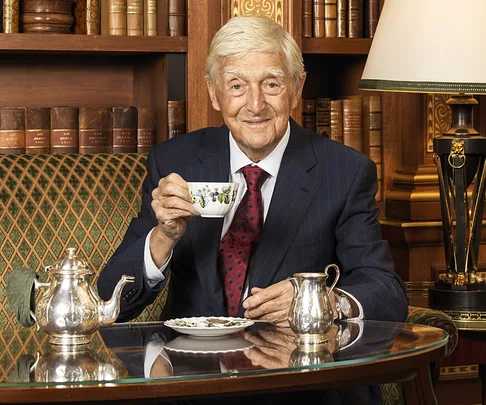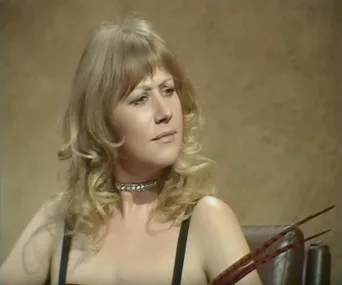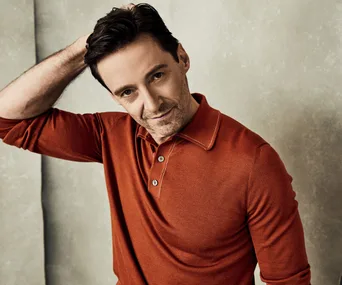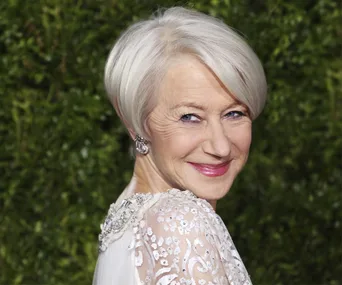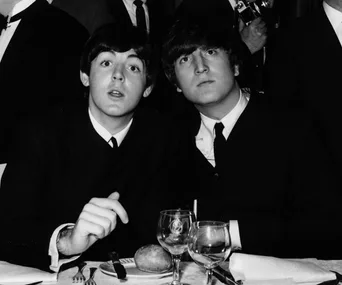Sir Michael Parkinson retired from his TV interviewer’s chair 12 years ago, but he is still considered beyond compare.
Today’s youth probably have no clue what the magic of “Parky” was all about, but one mention of his name and a wave of glorious nostalgia washes through anyone over the age of 40.
In the UK, stars hadn’t made it until they’d revealed their most intimate stories on Parkinson, while on his shows in Australia the likes of Bob Hawke and Kerry Packer succumbed to the bluff Yorkshireman’s cajoling.
The interviews were candid, sometimes awkward, often flirty, controversial, explosive and always fascinating as the most famous folk in the world, from Lauren Bacall to Muhammad Ali, Helen Mirren and Madonna to George Michael, even W.H. Auden, provided compulsory viewing for at least two generations and possibly three.
Parky posed some 80,000 questions to more than 2000 stars in his stellar career and the footage of those chats is pure gold, a time capsule of social and entertainment history, and the impetus for his stage show An Evening with Michael Parkinson, which began its Australian tour on October 10.
It has been pitched as Parky’s farewell tour, but Sir Michael – who was knighted by the Queen in 2008 – is having none of it.
“I don’t think I ever said that,” he responds with an affronted guffaw, quickly adding, “I hope to God it’s not… it sounds too final.”
At 84 you might think this a fair assumption, but his son Mike, who produces the show and interviews his father on stage, explains. “My dad doesn’t play golf, he doesn’t potter around in sheds. His work’s been his hobby; his hobby’s been his work. As we get older, as we get on, if you’re lucky enough to have a situation where you enjoy what you do, why on earth would you want to give it up?”
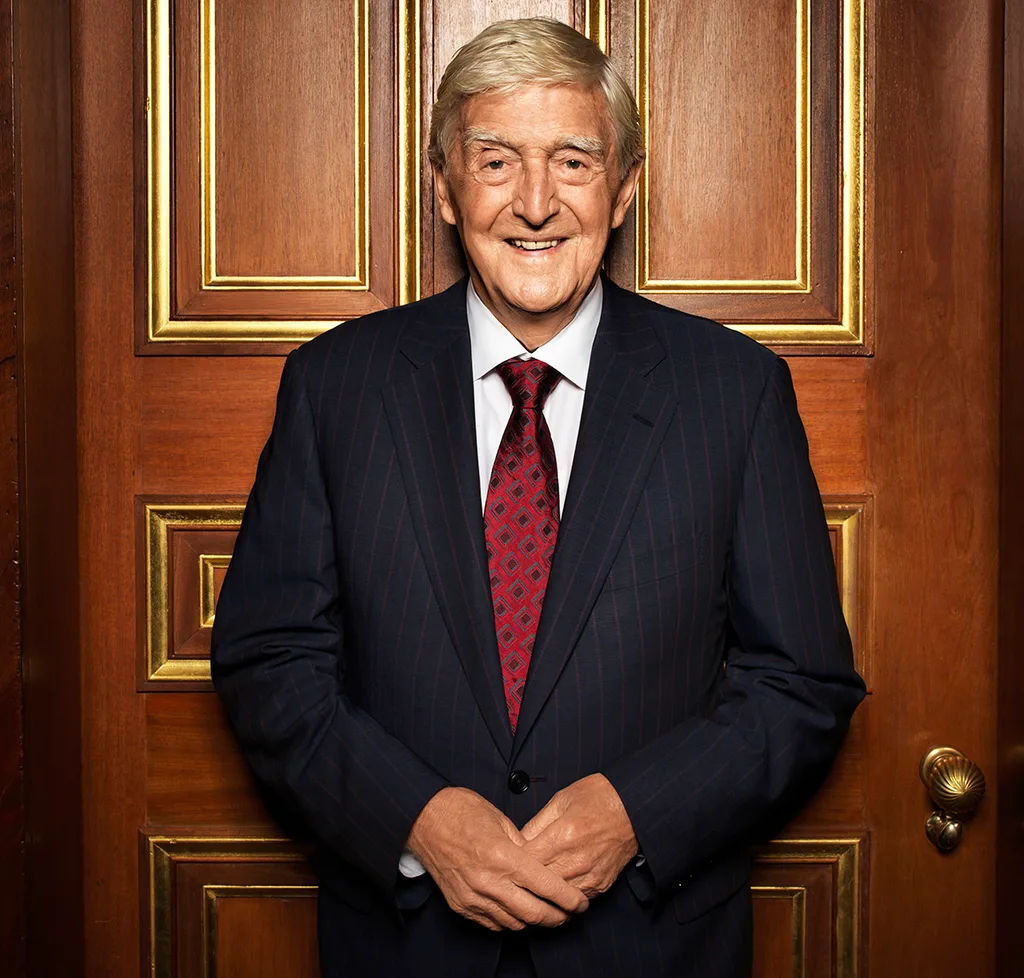
Sir Michael used to be a familiar figure Down Under. Indeed, in 2011 he was honoured to deliver the Australia Day address. But over the past few years, serious illness has kept Sir Michael in the UK, which is possibly behind the, albeit premature, valedictory ta-da.
In 2013 Michael was stopped in his tracks by an aggressive prostate cancer which he said “changed me. It introduced the possibility I might die.”
Then, in 2017, an unrelated back operation meant he had to learn to walk again. “I’ve had a couple of illnesses which didn’t do me any good at all,” Michael tells me, “but having recovered from those I thought it’s time to wander back, see some friends and do some shows.”
Mike used to produce his father’s TV show and when Parky retired in 2007, the pair set up a production company. They have worked on various one-man stage shows over the years but this performance combines father and son in what promises to be an intimate trip down memory lane.
“It’s a story of his childhood, an extraordinary story of a young boy born in a mining village who went on to become one of the most famous interviewers in the world; a remarkable story,” says Mike, who spent close to two years gathering archives to then choose the clips of notable interviews that punctuate the show.
“We went to the BBC, to ITV, to Yorkshire Television, and then to Australia. We discovered the master tapes at [Australia’s] Channel 10 were in some bins at the back of the studios – that’s not a lie! I employed a team of five, with me in charge, and we looked at every single existing episode. There were 650-odd shows.”
Pulling this together into a sophisticated piece of theatre has been a labour of love for both men.
“The nice thing about working with your children if they are gifted, and Mike is particularly gifted, is the joy of seeing somebody that you made being very good… I do now have immense pride in that. He’s very good indeed,” says Michael with a knowing chuckle.
If this sounds a tad narcissistic, Sir Michael isn’t concerned. After all Mike, the youngest of his three sons, bears his name, which can prove difficult at times.
“It was just a fit of terrible ego – ‘he shall be named after me!'” jokes Mike, who hates the addition of Jr, which can be erroneously added to his name to differentiate him from his dad.
“I have a terrible middle name I have to use on my passport, which is Timothy. That’s actually what my mother wanted to call me, so thank goodness my father called me Michael. Timothy would have been bloody awful. Of course, it [being called Michael Parkinson] is irritating but it is useful sometimes if you want to get into a restaurant. I do sound quite like him on the phone, so sometimes I do a cheeky thing: I phone up restaurants and say, ‘Could I have a table for Michael Parkinson?'”
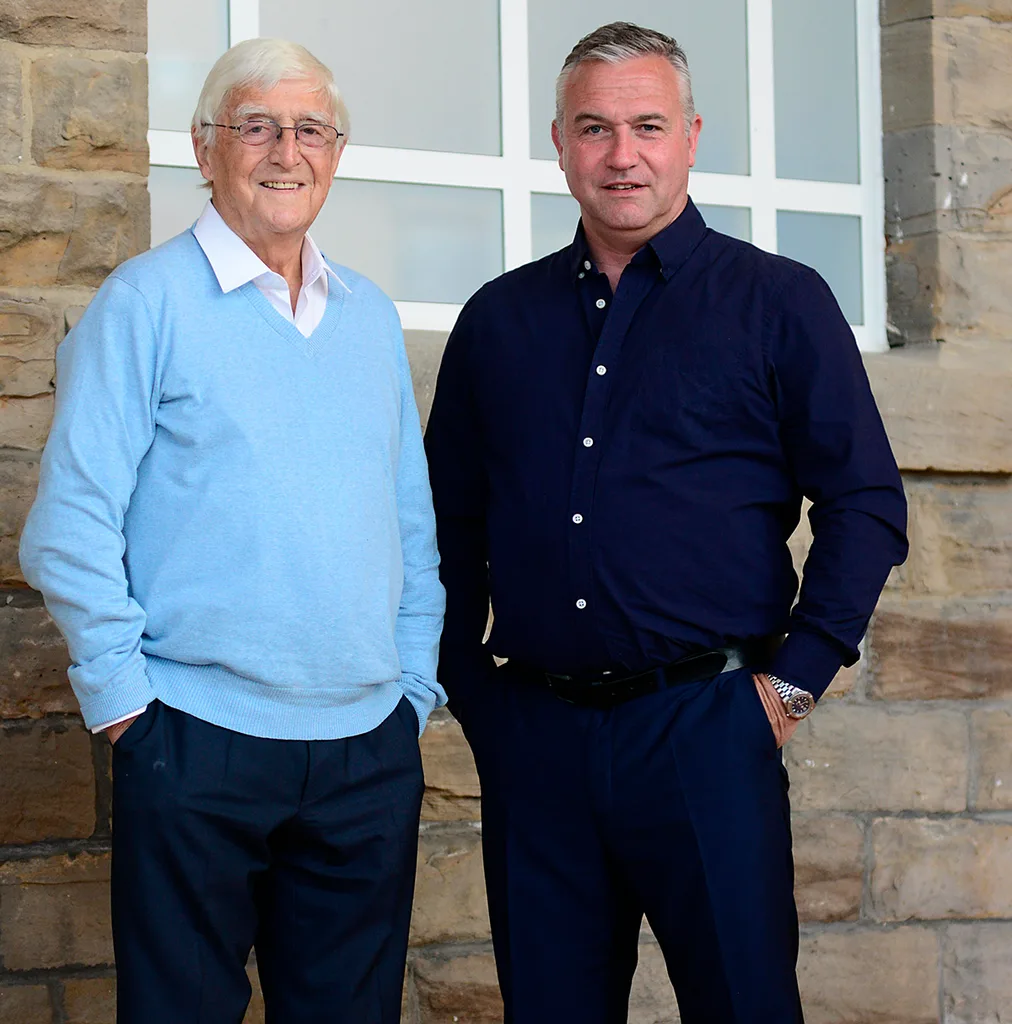
Michael and son Mike, who interviews his father in the stage show.
(Image: Alamy)The pair is about to start work on a book together about John William Parkinson, Sir Michael’s father, who died in 1976, leaving a huge hole in his only son’s life.
A few days before our interview, I watched Michael sob uncontrollably in a television tribute in which he was interviewed by UK breakfast TV host Piers Morgan. He was discussing his father’s final days and he is just as emotional when we talk.
“My father was the best man I ever met, and even though his death was about 40-odd years ago I’m not really over it yet; I grieve for him still.”
The book, he admits, is a way to reconnect with the patriarch he misses every day.
“It will be a picture of a man working in the South Yorkshire coal fields as a miner from the age of 14 until he died aged 73 from pneumoconiosis, a dust disease that miners get, and contrasting that with the career that his love and his inspiration allowed me.
“I’ve started feeling guilty about him, about his life. I stood on his shoulders, in a sense, to get from where I came from to whatever I achieved. It’s probably my age – I’m getting to be an old man – but it’s that thing about the part he played and what he didn’t have as compared with what I have… He was like a bloody mole. He worked underground all his life and I’ve always been constantly aware of what he did so that I could enjoy my life.”
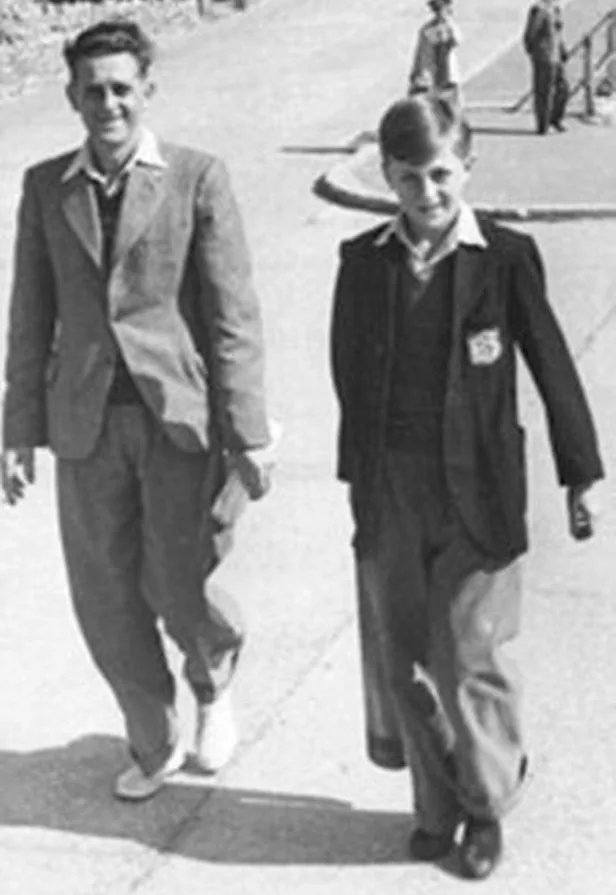
Michael and his father, John.
Michael was the only child of John, known as Jack, and his wife, Freda, born in Cudworth in Yorkshire.
“It wasn’t posh, it wasn’t wealthy, but it was a very good place to grow up, so I owe my childhood to that and I owe my life to Mum and Dad,” says Michael.
“Cudworth was a mining village. Dad worked at Grimethorpe Colliery – a wonderful name! It’s disappeared, the pit’s gone, it’s a car park now. My house is still there, but the reason for a village being there has disappeared, so it’s dying.”
I sense that despite his fame, success, and a very comfortable home in a picture-postcard village on the River Thames in the heart of England’s affluent south, Michael’s identity is rooted in working class Cudworth.
“I used to go back to see who was still there, talk to the old miners who knew my dad, but they just had this contrast between his life and mine.”
Did Michael ever yearn to follow in his dad’s footsteps?
“No, my father would have killed me. Or if he didn’t kill me, my mother would have done. They were determined I was not to go down the pits. They did everything they could to dissuade me, but I didn’t need much dissuading.
“My father took me down a pit when I was about 14 and he took me to where men were working in three-foot height. It’s hot down there, it’s noisy, it’s terrible, awful. Coming back home, my father said to me, ‘What do you think?’ and I said, ‘Not for a thousand pounds a shift,’ and he said, ‘I wanted to hear you say that.’ He said, ‘If ever I see you at the pits’ gates wanting a job I’ll kick your backside all the way home.'”
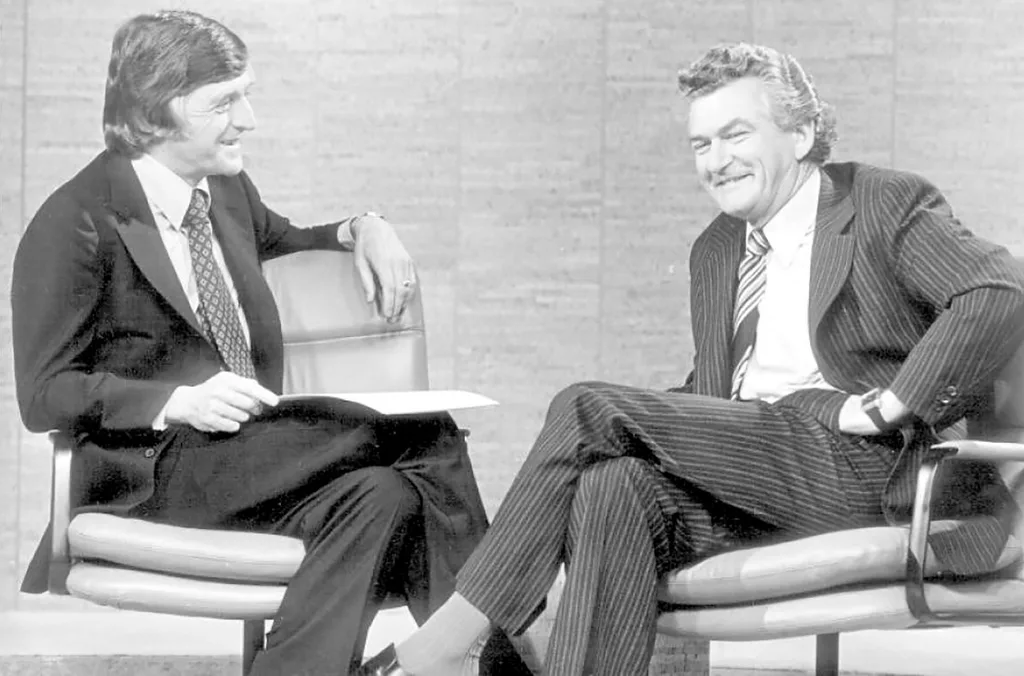
Michael interviewing Bob Hawke.
Michael left school with two O Levels in Art and English Language and at 16 began working on the local newspaper. Although today he tells me he thinks he would have loved university, back then he just wanted to get out and work and he’s never really stopped.
“You don’t have to do a university education to be a writer, a journalist, to report on people; you just have to have an enquiring mind, that’s all, and an ability to write plain English. I could do both.”
He was surrounded by graduates from posh backgrounds but says it was his Yorkshire accent – and a lot of hard graft – that gave him his big break in TV.
“I got fired by the Daily Express [newspaper]. I had a row with them and I got a call from a man I knew at the newly-formed Granada Television in Manchester. They’d just started making [TV soap] Coronation Street, and he said, ‘Come along and produce a programme for me.’ I said, ‘I can’t, I don’t know anything about producing…’ I had the time of my life.
“It was 1963, the great cultural revolution. Pop music, The Beatles, and it became the year that you had to have a north country accent to work at the BBC. That’s how profound the social change was. All the actors, all the playwrights, all the comedians, all the communicators came from up there and Granada became a powerful force in TV. Eventually the BBC took me on and away we went. So, I was very lucky. I’ve been lucky all my life in my timing.”
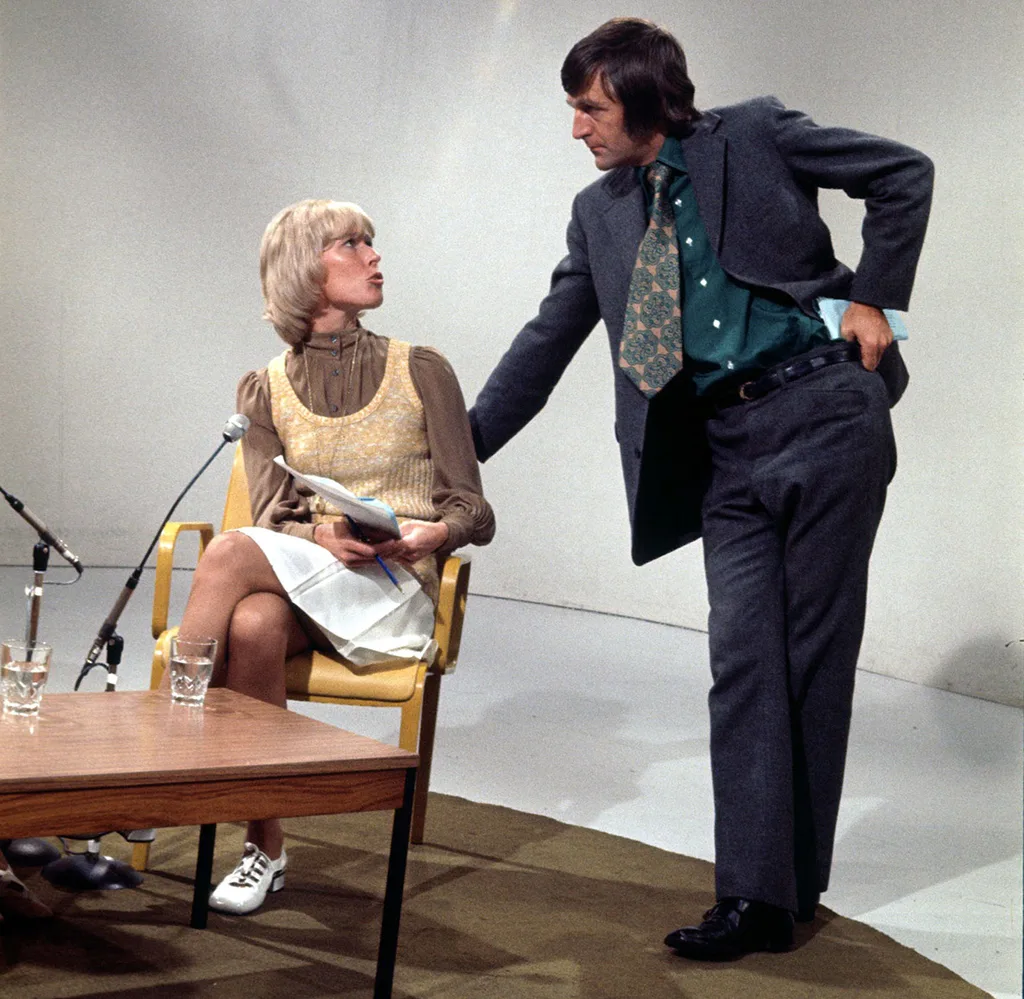
Michael on set with Mary, who also worked in TV.
Michael says he’s also been lucky in love and celebrates his 60th wedding anniversary this year. He met the incomparable Mary Heneghan on a bus.
“I was going to a mining illage outside of Doncaster, working for the Yorkshire Evening Post, and this very attractive girl with wonderful golden red hair came on the bus. I was quite shy so I got my friend to ring her up pretending to be me and made a date with her. We were both engaged at the time, too, which is rather sad but that was it, we were in love. Television is littered with broken romances, so I thank God we’ve been spared that. That’s just luck. We just got lucky.”
Mary was a teacher but later she too became a TV interviewer and was very good at it. In the end, though, it was Mary who stepped away from her career, allowing Michael to shine.
“Mum lost her parents when she was young and she had two sisters, one who was younger than her, and when she was 17 or 18 she was effectively looking after her younger sister. Family to her is absolutely central and when she had her own children, it was very much at the core of her being that she wanted it to be a close-knit and happy unit,” says Mike of the mother who was the central figure of his and his two brothers’ very happy childhoods.
“The problem with her is that her talent shone through and when she got an opportunity to go on television, she was a natural. She was a better forensic interviewer, certainly of politicians, than my father. But she was presented with a stark choice. She got so successful that the offers that were coming in would take her away, like my father who wasn’t there when I was growing up, and she made that decision that she didn’t want that. I think my father’s been allowed to fly by my mother. She supported him, not in a way that she’s become down-trodden, but she decided that she wanted to be at home with us kids.”
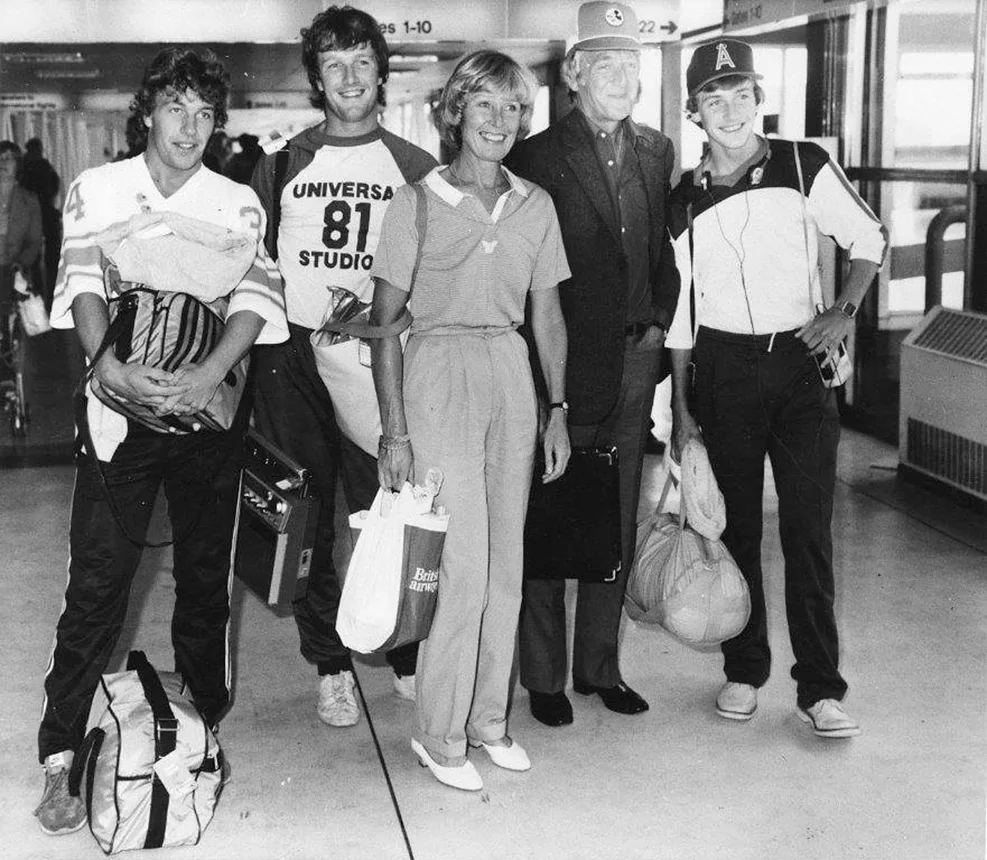
The Parkinsons and their sons (from left) Nicholas, Andrew and Michael.
John lived to experience his son’s fame and Michael says he loved it.
“He thought it was great fun because all the old film stars that he’d always fancied, I got on the show. I wasn’t able to get Betty Grable – he used to
go on about that; but all the others, Ingrid Bergman and lovely old film stars like Lauren Bacall, he loved their involvement in my world.”
But after John’s death Michael was destroyed.
“My father was 73 when he died and he was a very sick man. He wasn’t a smoker or a drinker. He played sport all his life and he was a fit man. My mother lived on for 30 more years. She lived to be 96. She had more than a third of her life away from her husband. All those things you look at, you say that’s not right, that’s unfair.”
Michael watched his father wither away and the sight of his lifeless body taken away by “two guys, in a plastic bag” that seemed so very small, too small to contain the great man he idolised, will never leave him.
“I thought he’s got to be worth a lot more than that.” It was at this point that his lucky life started to fall apart.
“I remember that from that moment onwards he became a less happy figure and it’s not a secret that his drinking began to spiral out of control, not to the point that he became a falling-down drunk, but he was drinking far too much,” recalls Mike, who was too young to really understand what was going on.
“It was affecting his moods and it was affecting him around the family. He became a distant, slightly scary figure. It took him probably a year to pull himself out of it and that was down to my mum. She’s very honest with him and she turned around one day and said, ‘You know what, the problem with you is when you drink, you become ugly.’ That really pulled him up and made him think, yes, I’ve kind of lost the plot here.
“But I don’t think he ever really came to terms with it. I think he misses his father greatly. He showed that when he cried last week on TV. I think to have that raw emotion when you’re in your 80s, about a man who’s died 40 years ago, shows the effect the guy had on him.”
Photography by Neale Haynes/Contour by Getty Images, alamy, shutterstock and family photographs supplied and used with permission.
